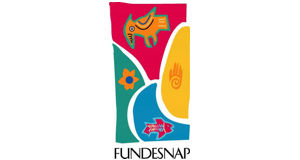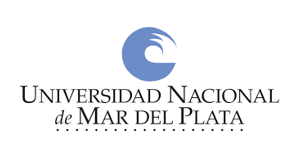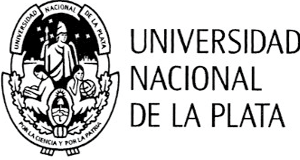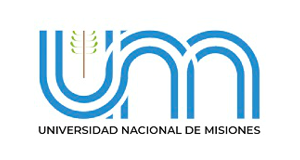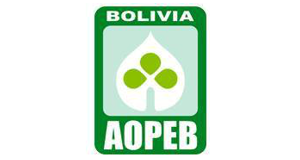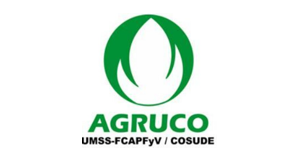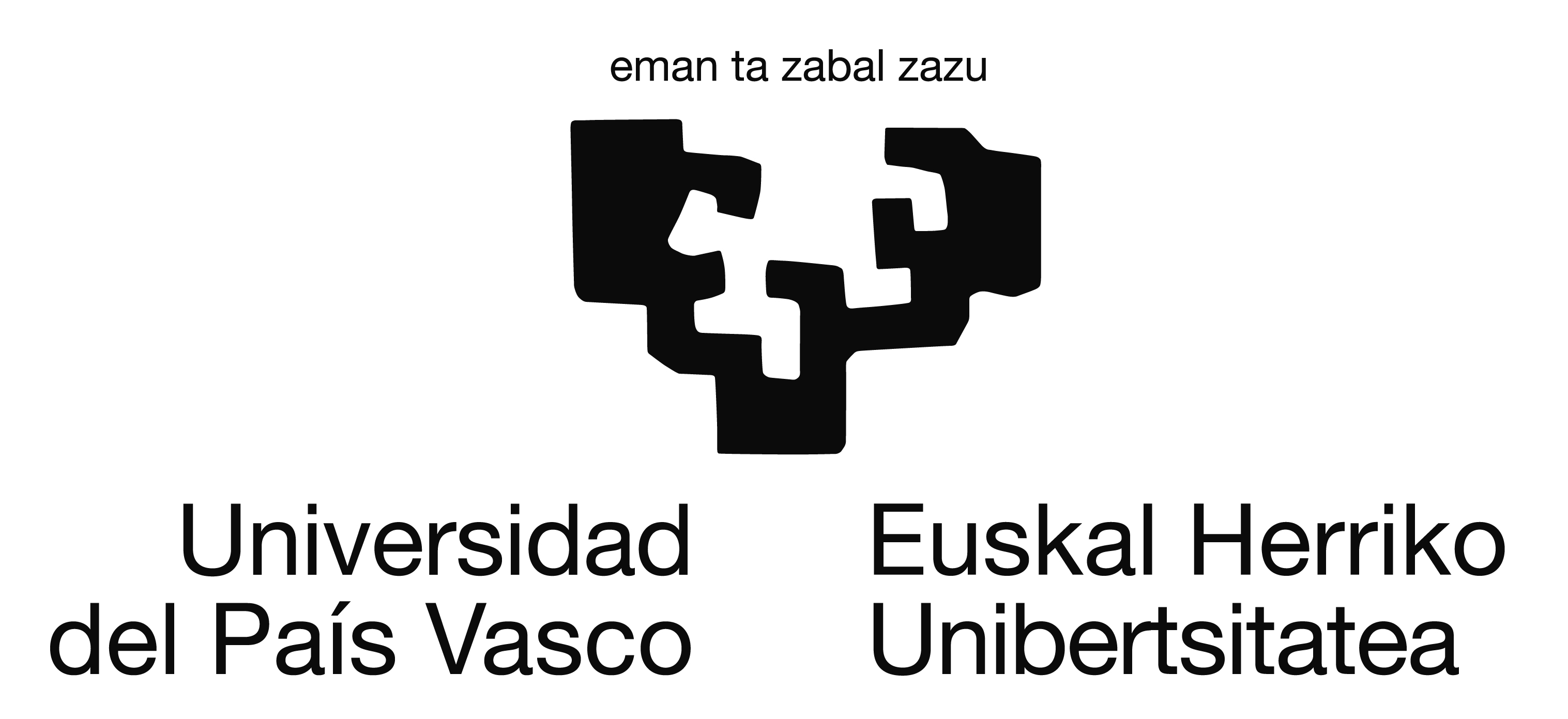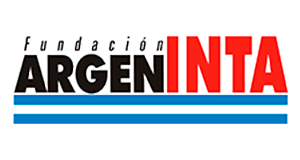Family Farmers, Innovation and Markets
The Project analyzes family farmers’ commercial innovations in order to understand their logic and promote actions to develop and scale these experiences. Development initiatives, research and dissemination actions are part of the project’s results
Context of the story
Producers have little capacity to influence conventional markets. Inside distribution and marketing chains, family farmers are price takers, meaning a significant part of their added value is taken by wholesalers and larger players. In order to avoid diminishing benefits, family farmers and consumers in Argentina, Bolivia and Spain are organized through alternative networks and channels.
These commercial channels rely on organizational and institutional innovations. Central questions of the project are: What are these markets and do they work? What logic do farmers apply in their construction? How to intervene to empower them?
Analysis of family farmers´ markets. Elements to improve and add value locally, fair prices, quality food, sustainability and socioenvironmental equity.
The implemented initiative
The aim of project is to understand the commercial innovations generated by farmers and consumers. The project focuses on dimensions like organization, identifying elements to consider in the design of policies and public programs.
The project aims to understand these innovations in depth, particularly the environmental, social and cultural effects. Also, these innovative alternative networks contribute to adding value locally.
The team for this Project, co-financed by FONTAGRO, includes from Argentina: researchers from INTA and different national universities (La Plata, Misiones and Mar del Plata); from Bolivia: FUNDESNAP, AOPEB and AGRUCO; from Spain: the IEGD and the Bask Country University.
Studies show the importance of horizontal and inclusive governance models, collective organization and coordination, the use of ICT, short channels and conscious consumers, appropriate and specific public policies.
The technological solution
Innovative marketing and value-added experiences implemented by family farmers were studied (14), and qualitative and participatory methodologies were applied. In total, 348 interviews were conducted with producers, consumers and technicians, 16 focus groups and workshops to analyze experiences, and there were 28 instances of observations at fairs and markets. The comparative analysis of the above will allow identification of the common elements that make innovations sustainable. Studies show the importance of collective and professionalized practices, the use of ICTs, the efficiency of inclusive territorial governance models and the support of various state agencies, the role of collaborative social networks and the coordination with conscious consumers.
We have the raw material, we are the owners of that material. So, why don´t go into the market? That was our dream. We aim to work with neighborhood organizations. Give a fair price and a good quality to compete at the market!
Type of project
Results
Case studies (11) have systematized commercial and value-added innovations. Scientific articles were written (six published, 2 in edition, 1 in evaluation), as well as non-scientific articles (2), conference papers (31), technical notes (12), posters (3) and book chapters (2). Participatory workshops to validate results with producers, consumers and technicians (12); participatory video workshops (4), project participatory video manual (1), videos made with family producers (4).
Events: 3 seminars, 2 technical workshops, 7 webinars (1,260 participants registered, 60% women, 23,000 views), 19 videos, 14 talks, 2 conferences. FF and Markets Postgraduate seminar with 72 students (63% women). Workshop Course on inclusion in the digital market (50 digital stores under construction).
Projects and initiatives developed by the project researchers: 10 research projects, 6 extension, 2 for development. In evaluation there are 6 projects.
Series of Innovative Family Farmers´ Markets: La Justa marketer, La Plata (Buenos Aires) Argentine
Pandemic and Family Farmers´Market: La Justa marketer
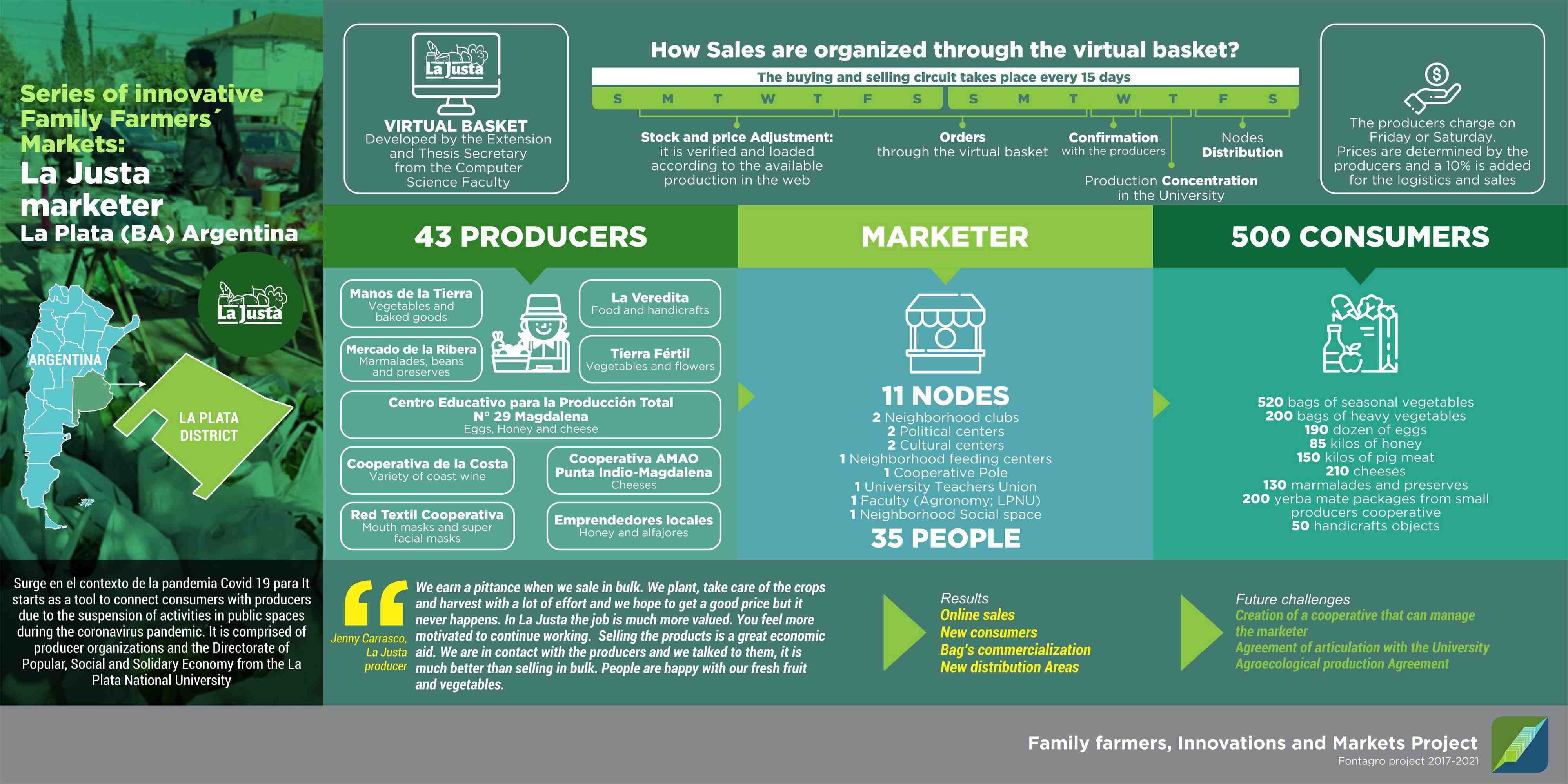

 Back to the project
Back to the project Argentina
Argentina Bolivia
Bolivia Spain
Spain
